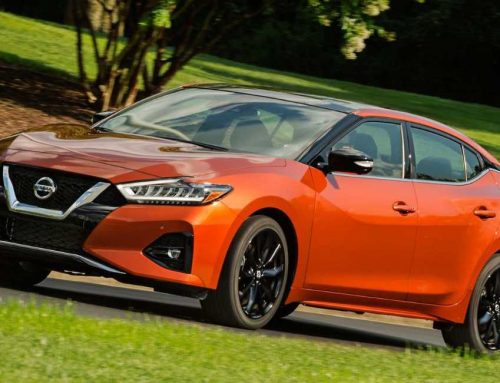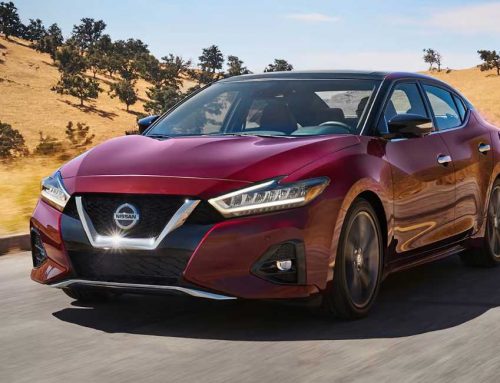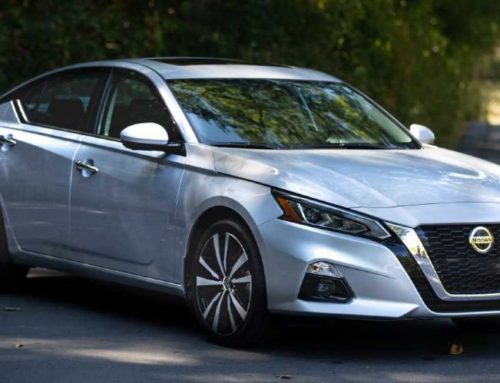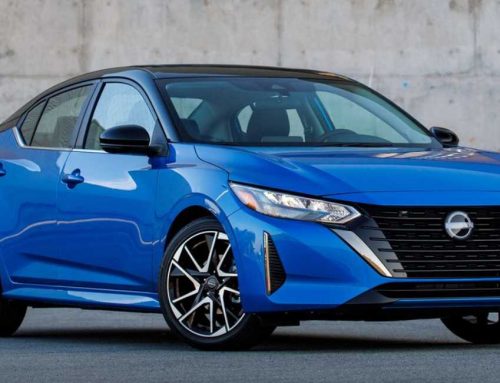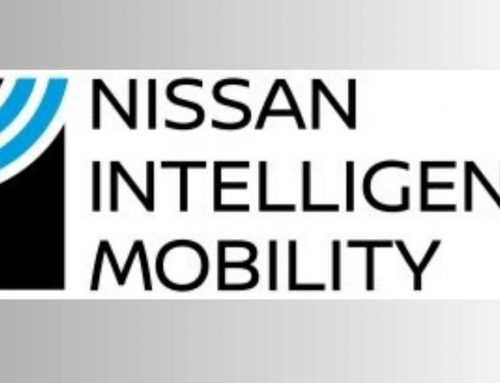Not long ago, finding an odometer on a vehicle that read 200,000 miles would have seemed about as likely as a pig flying across the sky. Significant improvements to computer technology, power train, lubricants, pistons and much more have led to advancements in vehicle reliability. Making your Nissan last has never been easier.
Now more than ever, drivers are holding onto their cars for several more years than they would have nearly a decade ago. According to Polk research, in 1995, the average age of cars on the road was eight. Today, the average age of vehicles on the street is ~11. Keeping a car for a decade can reap financial benefits.
Here is how you can make your Nissan vehicle last:
1) Only purchase reliable vehicles
There are several resources online that help customers compare reliability ratings of Nissan vehicles. Consumer Reports, Car and Driver, Kelly Bluebook, and Motor Trend are all excellent free car buying resources. You can drive almost any vehicle for 200,000 miles if money is not an issue. With that said, the best way to save money long-term and minimize the number of required visits to the shop is to purchase a Nissan vehicle with a reliable track record.
Do not add too many or too few extra features to your vehicle. If you plan to keep your car for as long as possible, you want to make sure the vehicle fits your lifestyle, and you will enjoy driving it every day.
Car shopping can be overwhelming. There are several different models, color options, interior material options, and extra features you have to sort through. You can choose how you want your vehicle built, but one thing I will tell you, never skip out on the latest safety features! You should consider purchasing a Nissan vehicle with brake assistance, all-wheel drive, a rear-view camera, anti-lock brake system, and blind-spot warnings.
If you plan on purchasing a used car, take a good look at every angle of the vehicle. Take a mental note of any dents or scratches in the paint, interior stains, cracked or bent rims, or signs of leakage. It always helps to have a mechanic with you when you test drive a used vehicle. A mechanic can run a series of diagnostic tests to check for engine code errors.
2) Follow a regular maintenance schedule
The manufacturer of the vehicle you end up purchasing will have all the information you need to know about your specific model’s maintenance needs in the manual. It will tell you when to take care of every service to keep your vehicle running well. Information presented in the manual includes but is not limited to, oil and filter change schedule, tire rotations, and timing-belt replacement.
Following a regular maintenance schedule has gotten easier over the years because of more durable engine parts and longer lasting fluids. Today, most newer Nissan vehicles can go 8000-10000 miles between oil changes. Spark plugs don’t need to be replaced until the car has been driven 100,000 miles. You should always use synthetic oil. If you regularly drive in the city, near a large body of water, live in an area with consistently hot or cold temperatures, or drive near a desert, you may need to make more frequent trips to a service center. If you live in one of those areas you may need to have your vehicle’s oil changed more frequently, sometimes twice as often.
Newer models have more sensors that warn drivers when their vehicle needs services. Sensors take into account your mileage and driving habits when determining maintenance intervals.
3) Avoid purchasing cheap parts
Who doesn’t love to save a few dollars when they can? Purchasing a cheaper car part from a third-party seller will help you save some money right then and there, but over the long run, it will end up costing you more money. The wrong type of oil or part could further damage your vehicle resulting in more expensive repairs. Also, purchasing parts from an unauthorized dealer could void your warranty. To be safe, only buy parts and lubricants from a trusted name-brand supplier. You can always take your Nissan to a Nissan dealership for repairs.
If your vehicle’s manufacturer says that your model requires premium fuel, you are better off buying the expensive stuff. Some engines will not run correctly without premium gasoline. If you put regular or even midgrade fuel inside a Nissan vehicle that requires high-octane fuel, you could damage the engine. If premium fuel is advised (however not recommended), you can use any octane rating. A car that was designed to run on low-grade fuel will not benefit from premium fuel. There will be no improvements in horsepower, fuel efficiency, or engine life, so save those extra dollars.
4) Use your senses while driving
A vehicle’s computer will not be able to warn drivers of every part that needs to be replaced. Vehicle alignment, tires, brake pads, and rotors will need to be adjusted or replaced when you feel like something is off. If the steering wheel shakes or you hear a screeching noise when applying the brakes, consider having your tires and brake system checked right away. Any time you open up the hood of your vehicle, take a quick sniff of the engine. If it smells burnt, your engine may not be using enough fuel. Also, if your transmission fluid smells burnt, you need to take your vehicle to a service center right away.

